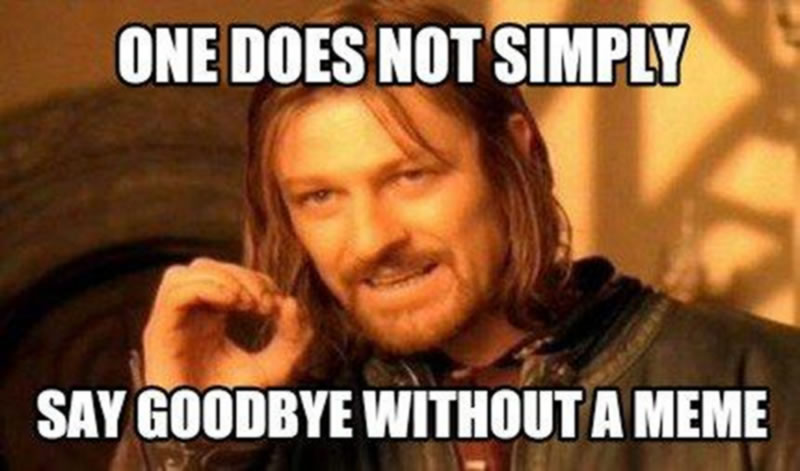A legit Goodbye from the Team behind the (il)legit Activism Blog
On this blog, which was run as a project during a semester of Malmö University’s master program in Communication for Development, we set out to examine activist communication styles and how they connect to digital spaces, new media, international development and ultimately also social change. We have come across a whole palette of different communication styles and methods, including everything from alpacas to book bans to clicktivism, guided by the overarching question of “what is legit activism”?
So, what is legit activism? The six of us have all been approaching this question from individual angles informed by our individual, yet interconnected, interests:
- Anges works as a journalist and writer, and wanted to take her interest in these subjects further with this blog. She mainly focused on discussing the pros and cons of communication on blogs and social media versus journalism, journalism having an ethical framework which is audited by external parties, while blogs do not.
- Cecilia, who is passionate about climate change communication, highlighted climate activists’ use of everything from shaming how-dare-you communication to digital protest songs and satirical memes.
- Stefan discussed the related notions of silence and symbolism in activism, shining a light on his context of activism in a system of heavy media control and censorship in China.
- Hampus focused his blog posts on the mobilization of activists fighting against book banning, as well as how the Anonymous collective works with interactive communication and how “operations” are carried out in its name.
- Indigo has been exploring the power of digital dialogue which unites global citizens, transcends borders and cultures, amplifies marginalized voices, shares diverse perspectives, and forges connections that are Lighting the Path to a More Inclusive and Informed Global Community.
- Poli wants to keep the conversation going with questions about artwork as a form of activism, and how much awareness it raises. You can read the post about Banksy here. Contact Poli through LinkedIn, and follow the initiative The House: we will turn Malmö the women in entrepreneurship city by 2030.
Now, back to our original Question: Is that legit Activism?
While the digital space may have changed activism in many ways, and while these changes may be seen as positive or negative depending on the objective pursued and the perspective taken, we find that none of the changes and differences we observe between analogue and digital activism take away their legitimacy. As everything else, activism too, evolves. Activism back in the day may have been different, but there is little point in measuring the legitimacy of activism these days against that standard.
We hope that in our exploration of (il)legit activism in digital spaces throughout our posts, we have occasionally been able to stop you for a moment of critical reflection. We want to thank everyone who engaged with us through intriguing comments and questions here on the site and on our Instagram feed, and we hope that some of the things we have discussed will continue to provide you with food for thought and fruitful discussions.
The (il)legit activism team 🙂



